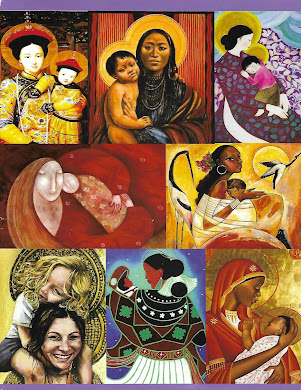Dear Friends,
What do we need to live, grow, thrive, and survive? Gratitude. You may not have said gratitude, but it’s nonetheless true.
Gratitude is the muscle of the heart. As gratitude pumps in us, vision and hope are released into the world.
Today, let’s acknowledge aspects
of life that we previously might not believe are subjects for our personal gratitude.
And let us say to our generous, ever-mindful God...
Thank you for giving us
people who help us understand
what this rollercoaster
ride called life is all about.
Thank
you for Eucharist, weekly nourishment through Word and Sacrament,
and our faith community which embodies Christ.
Thank
you for the universe out there - beloved of God - even as earth is.
Thank
you for writers and songwriters who open us to inspiration.
Thank you for newcomers
to our land who
take the lowest jobs
available and do them with care.
Thank
you for all who have come and keep coming to the aid of the Ukrainian people
in their determination to survive foreign
aggression.
Thank you for the good
done, the justice insured, all the compassion offered
and the violence rejected across the world.
Thank you, God for boats that carry people away from danger
and toward ports of safety
Thank you for holding us close as we try to keep the vows we
have made.
Thank
you that I have come to this day without being overwhelmed
by
the accidents, bad choices, unethical situations I have been in.
Thank you for prompting
me to absorb into my life the insightful words of others
that have touched my soul.
Thank you for healers, peacemakers, reconcilers, and builders
of a culture of life.
Thank you for people
who did us a service decades ago
and we still live off
that gesture of generosity.
Thank you for the manna You sent to nourish me
as I struggled through
my own personal desert.
Throughout this Thanksgiving Day, 2022, in between the turkey and the conversations, the walks, and the games, may we find ourselves thanking God for a whole host of realities the thought of which might, at other times, escape us.
I hope so, for to do so is to enrich the meaning of Thanksgiving Day even more.
~Sister Joan Sobala






